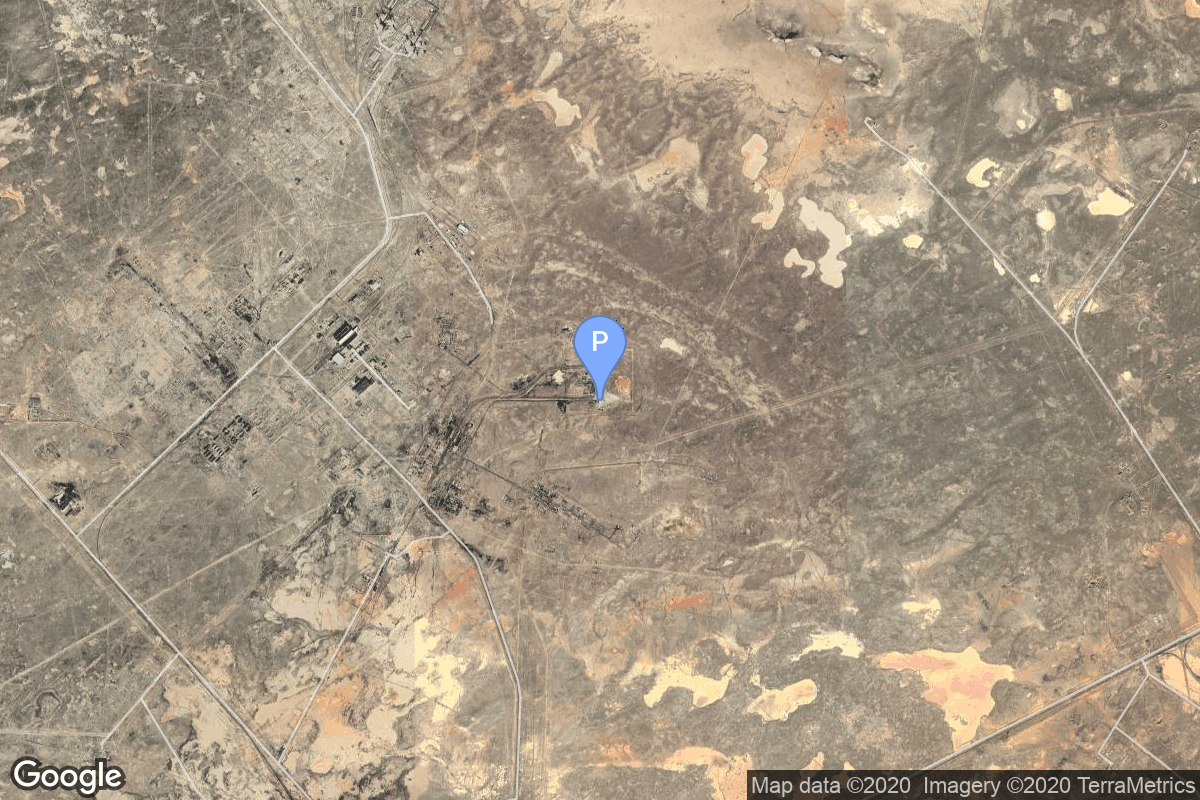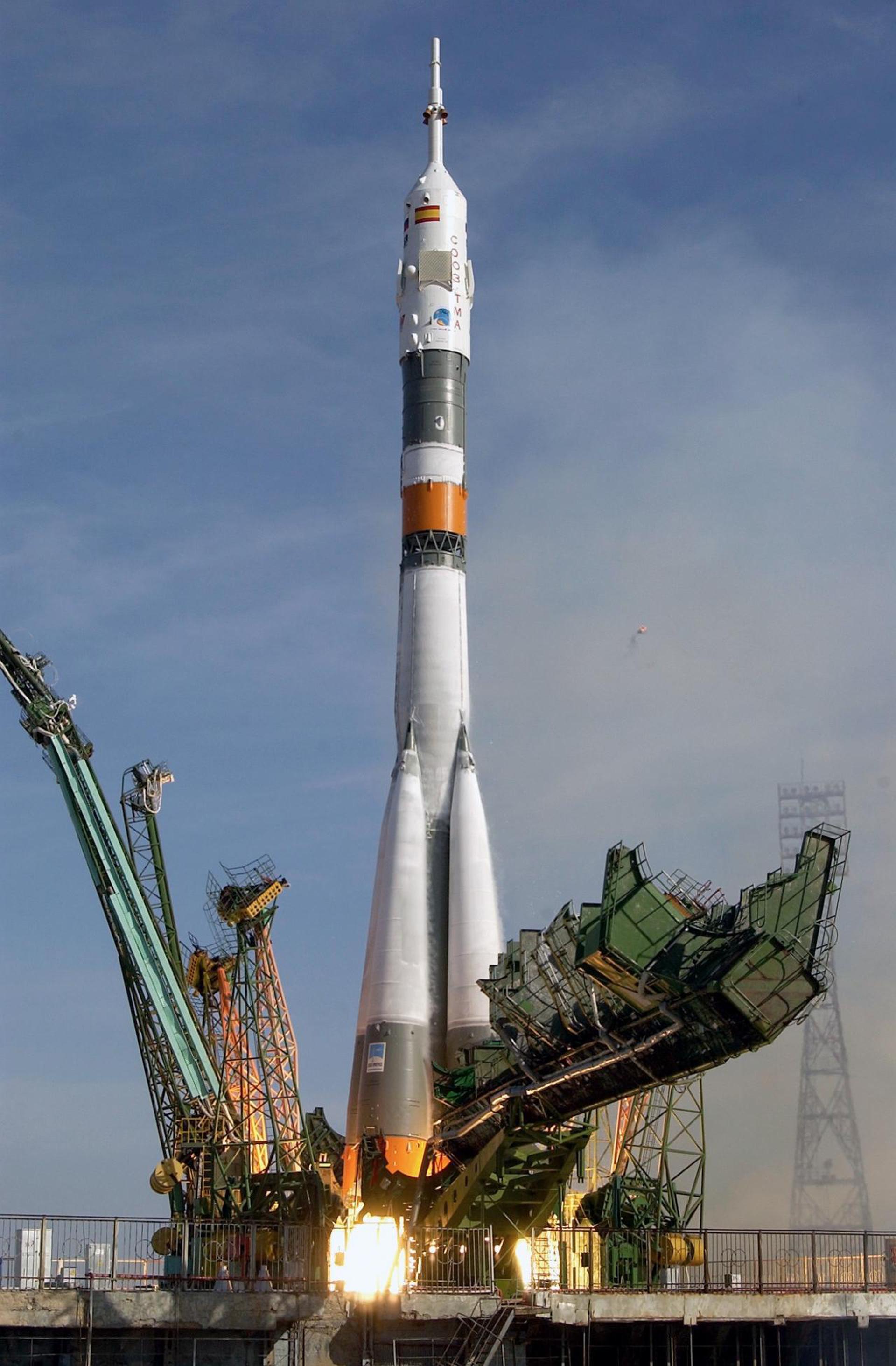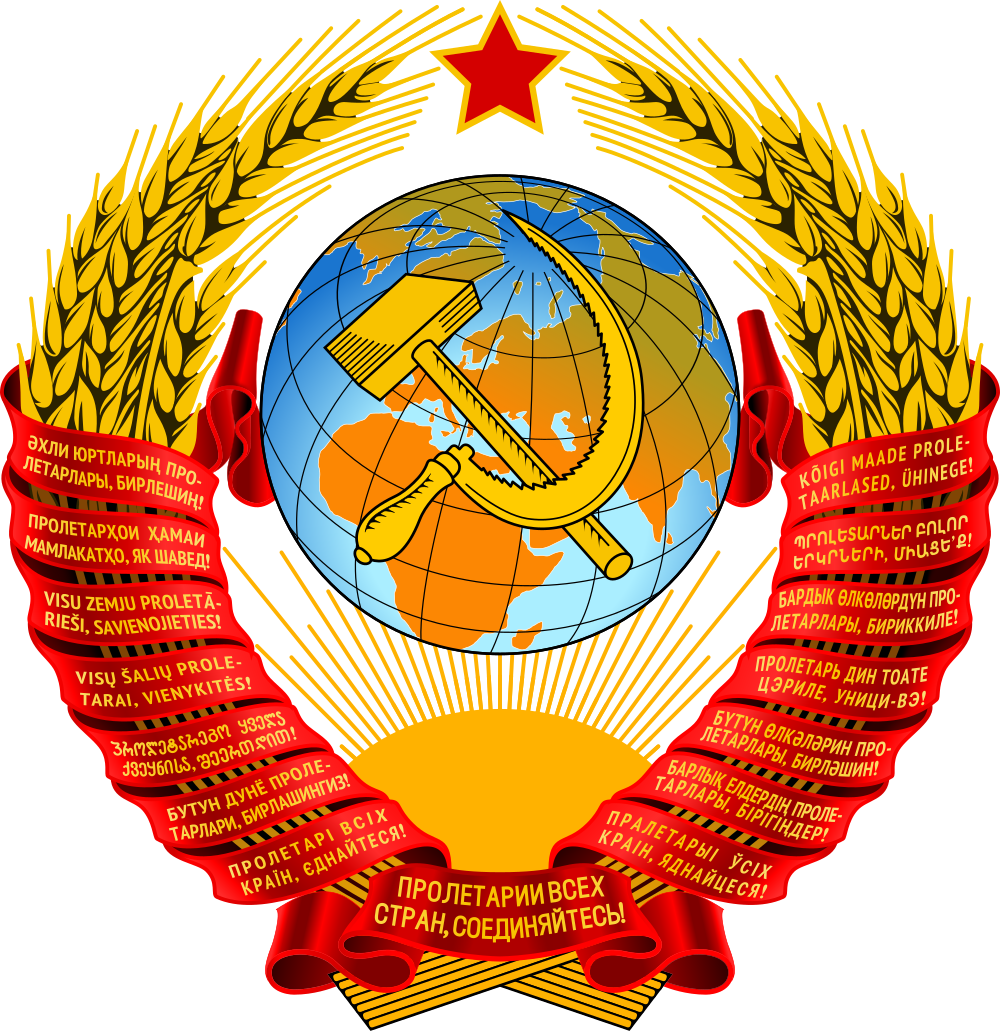Soyuz 35
Soyuz-U
Soviet Space Program
Crew
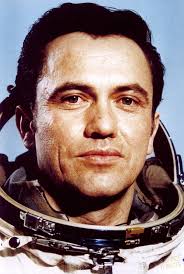
Leonid Popov
- Birthday: 08/31/1945
- Role: Commander
- Nationality: Ukrainian
- First Flight: 04/09/1980
- Last Flight: 08/19/1982
Popov was born in Oleksandriia, Kirovohrad Oblast, Ukrainian SSR. He was selected as a cosmonaut on April 27, 1970, and flew as Commander on Soyuz 35, Soyuz 40 and Soyuz T-7, logging 200 days, 14 hours, and 45 minutes in space before his retirement on June 13, 1987.
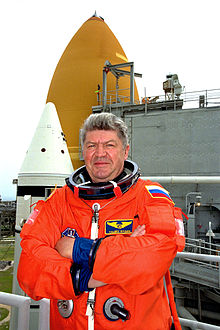
Valery Ryumin
- Birthday: 08/16/1939
- Role: Flight Engineer
- Nationality: Russian
- First Flight: 10/09/1977
- Last Flight: 06/02/1998
Valery Victorovich Ryumin (born August 16, 1939 in Komsomolsk-on-Amur) is a former Soviet cosmonaut.
In 1973, he joined the RSC Energia cosmonaut corps. A veteran of three space flights, Ryumin has logged a total of 362 days in space. In 1977, he spent 2 days aboard Soyuz-25, in 1979, he spent 175 days aboard Soyuz vehicles and the Salyut-6 space station, and in 1980, he spent 185 days aboard Soyuz vehicles and the Salyut-6 space station.
In January 1998, NASA announced Ryumin’s selection to the crew of STS-91. Ryumin served aboard STS-91 Discovery (June 2–12, 1998) the 9th and final Shuttle-Mir docking mission, concluding the joint U.S./Russian Phase I Program. The STS-91 mission was accomplished in 154 Earth orbits, traveling 3.8 million miles in 235 hours and 54 seconds.
Mission
Soyuz 35
- Type: Human Exploration
- Orbit: Low Earth Orbit
Soyuz 35 was the eighth mission to visit the Salyut 6 space station and carried the EO-4 expedition, which was the fourth long-duration crew for the station. The mission began on April 9, 1980, 13:38:22 UTC, launching Commander Leonid Popov and Research Cosmonaut/Flight Engineer Valery Ryumin into orbit. They docked with the station the next day. During their 186-day stay on the station, EO-4 crew conducted various scientific experiments, some repairs and replacements to the station and were visited by three uncrewed Progress cargo spacecrafts and 4 crewed Soyuz vehicles. Soyuz 35 swapped vehicles with the Soyuz 37 crew, which allowed for a longer stay in orbit.
The mission concluded with a safe landing back on Earth on October 11, 1980, 09:49:57 UTC.
Location
Rocket
Agency
Soviet Space Program
The Soviet space program, was the national space program of the Union of Soviet Socialist Republics (USSR) actived from 1930s until disintegration of the Soviet Union in 1991.
The Soviet Union’s space program was mainly based on the cosmonautic exploration of space and the development of the expandable launch vehicles, which had been split between many design bureaus competing against each other. Over its 60-years of history, the Russian program was responsible for a number of pioneering feats and accomplishments in the human space flight, including the first intercontinental ballistic missile (R-7), first satellite (Sputnik 1), first animal in Earth orbit (the dog Laika on Sputnik 2), first human in space and Earth orbit (cosmonaut Yuri Gagarin on Vostok 1), first woman in space and Earth orbit (cosmonaut Valentina Tereshkova on Vostok 6), first spacewalk (cosmonaut Alexei Leonov on Voskhod 2), first Moon impact (Luna 2), first image of the far side of the Moon (Luna 3) and unmanned lunar soft landing (Luna 9), first space rover (Lunokhod 1), first sample of lunar soil automatically extracted and brought to Earth (Luna 16), and first space station (Salyut 1). Further notable records included the first interplanetary probes: Venera 1 and Mars 1 to fly by Venus and Mars, respectively, Venera 3 and Mars 2 to impact the respective planet surface, and Venera 7 and Mars 3 to make soft landings on these planets.
